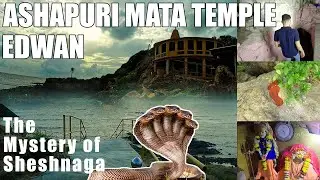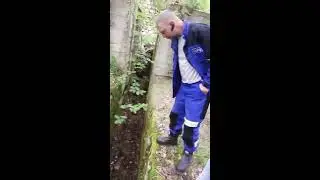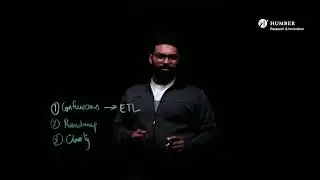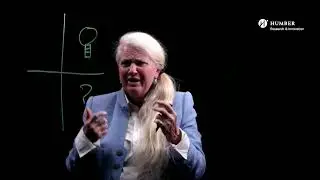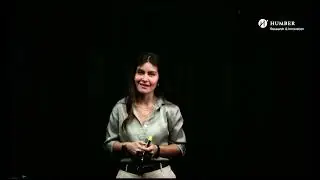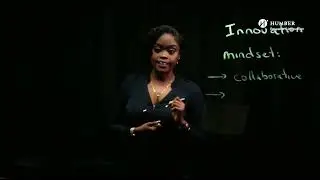Two-Eyed Land-Based Play and Co-Learning
In a recent research project co-funded by Humber’s Office of Research & Innovation (ORI) and the Lawson Foundation’s Outdoor Play Strategy (OPS) 2.0, Humber faculty members and researchers worked to incorporate the principles of Etuaptmumk/Two-Eyed Seeing (in the Mi'kmaq language) in Humber’s Early Childhood Education curriculum.
The project was led by Humber faculty members Louise Zimanyi and Lynn Short in collaboration with co-investigators Bora Kim, Lyndsay MacDonald, Cara Loft and Maya-Rose Simon, supported by the Maamaawisiiwin Education Research Centre. The project team explored how a new Early Childhood Education course in Two-Eyed Land-Based Play and Co-Learning (ECE 234) engages and impacts the spiritual, emotional, intellectual, and physical realities of the learner and faculty.
This work will shift post-secondary early childhood education training, in-service professional development and early years programming to advance a Two-Eyed pedagogy of land-based play and co-learning. Etuaptmumk (Two-Eyed Seeing in the Mi’kmaq language) braids the strengths of Indigenous and non-Indigenous ways of being, knowing and doing as guiding principles for co-learning through: wholistic engagement on the land; nurturing relationality (with place, plants, animals and people); and practicing reciprocity (giving back in return for what we receive from the Earth).
The research project was awarded a Scholarship of Teaching and Learning (SoTL) grant from Humber ORI. To learn more about the SoTL research funding opportunities, check out the SoTL handbook (https://issuu.com/humber_research/doc...)




